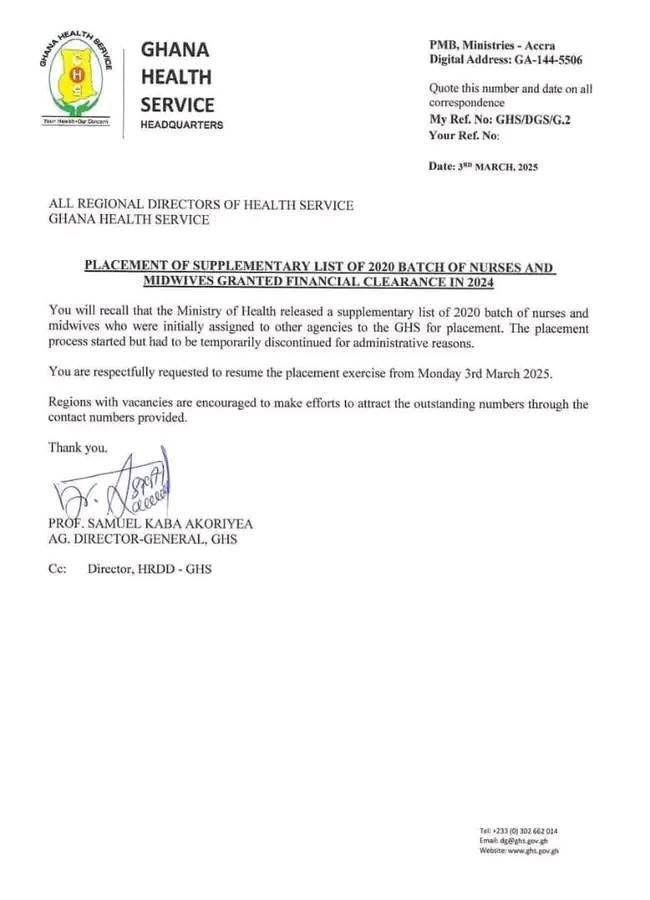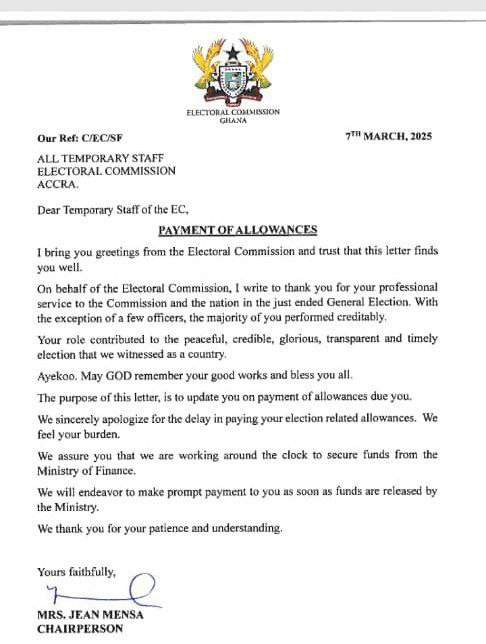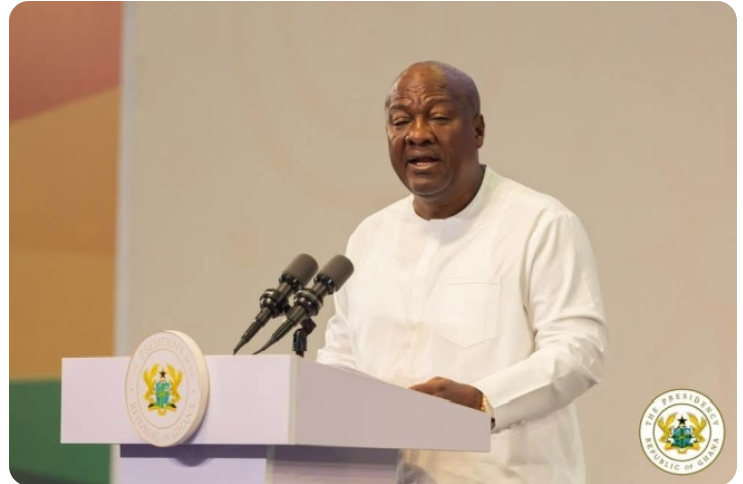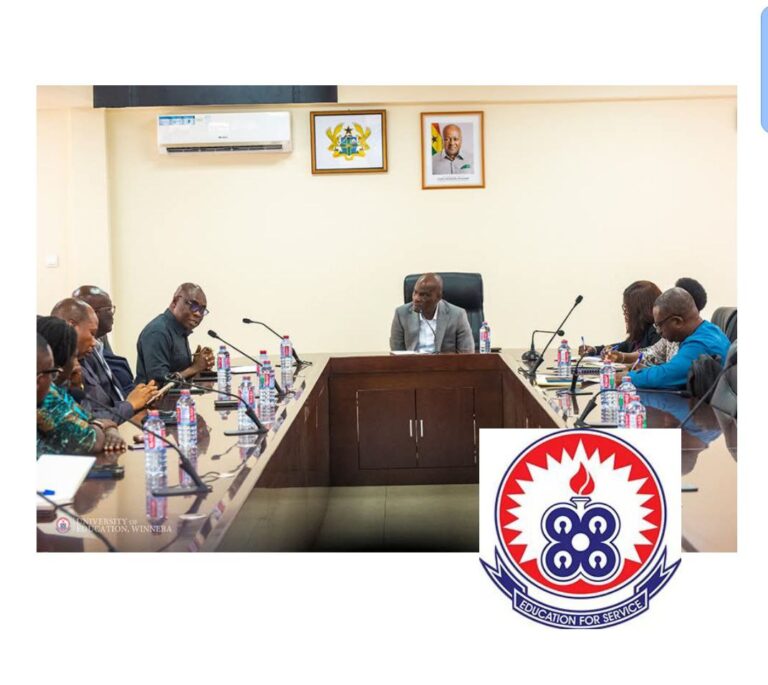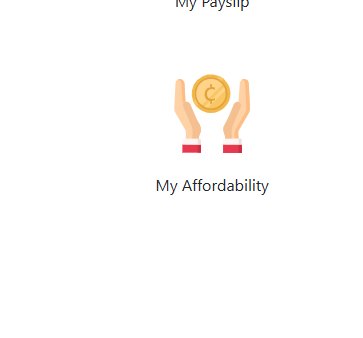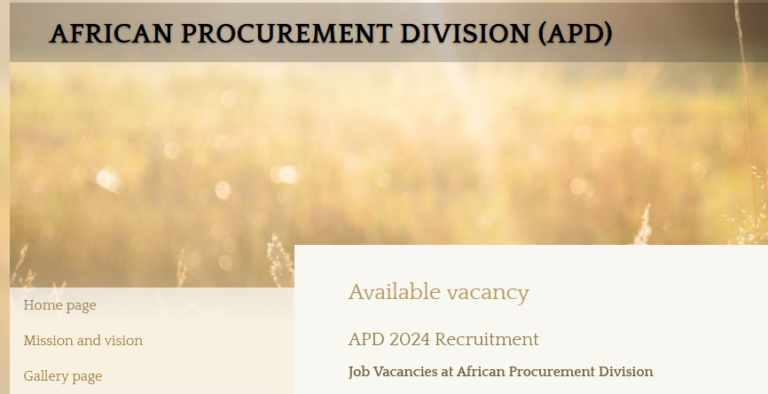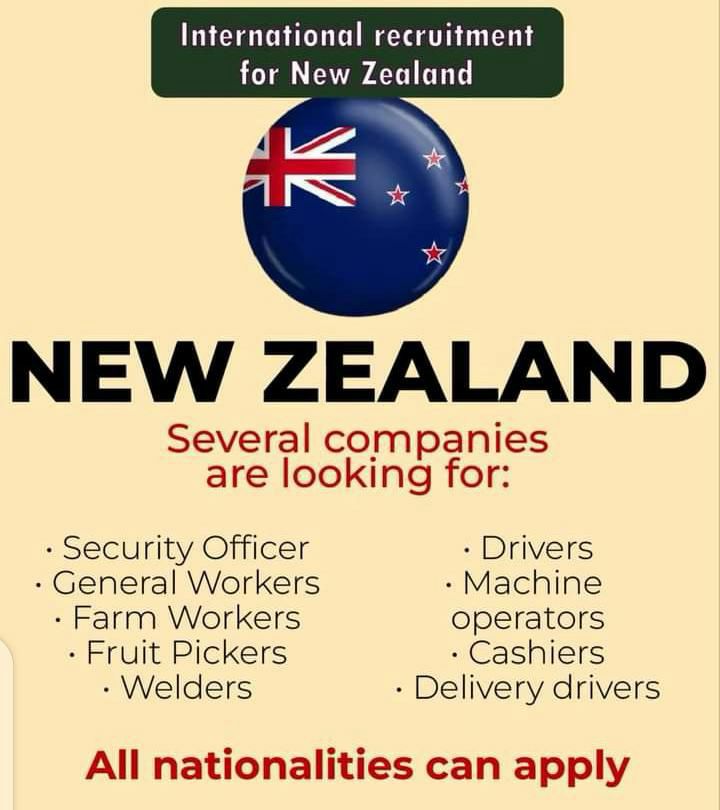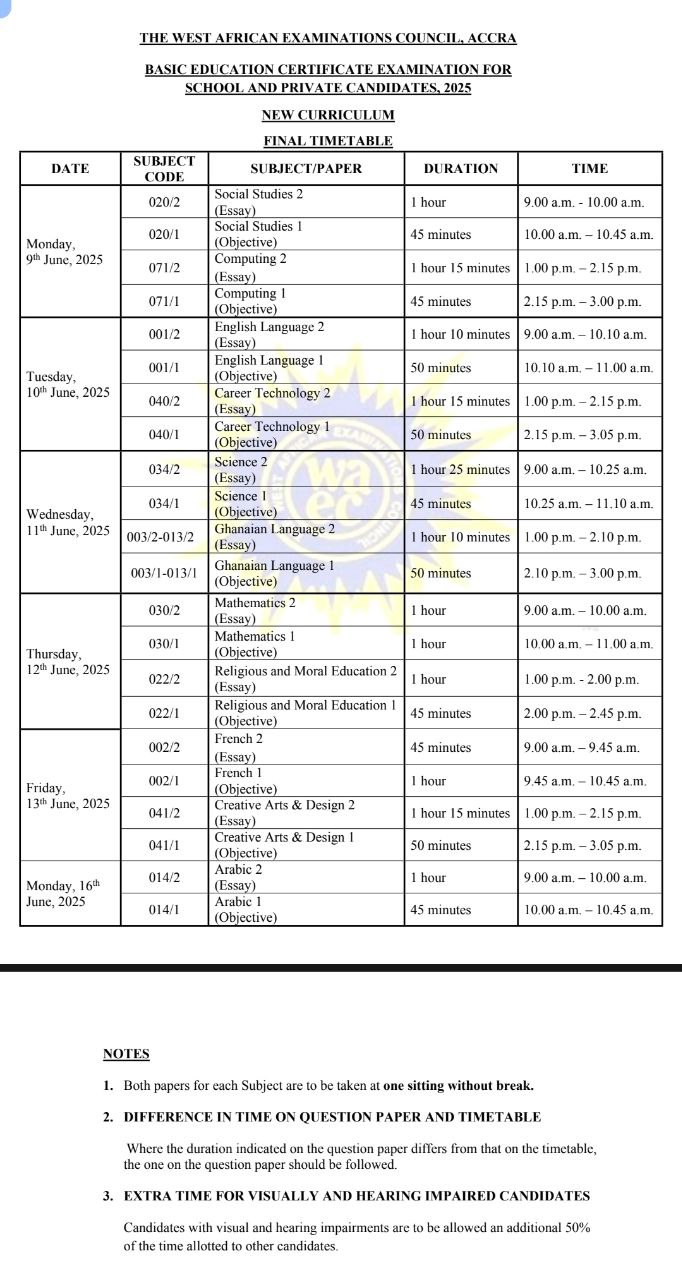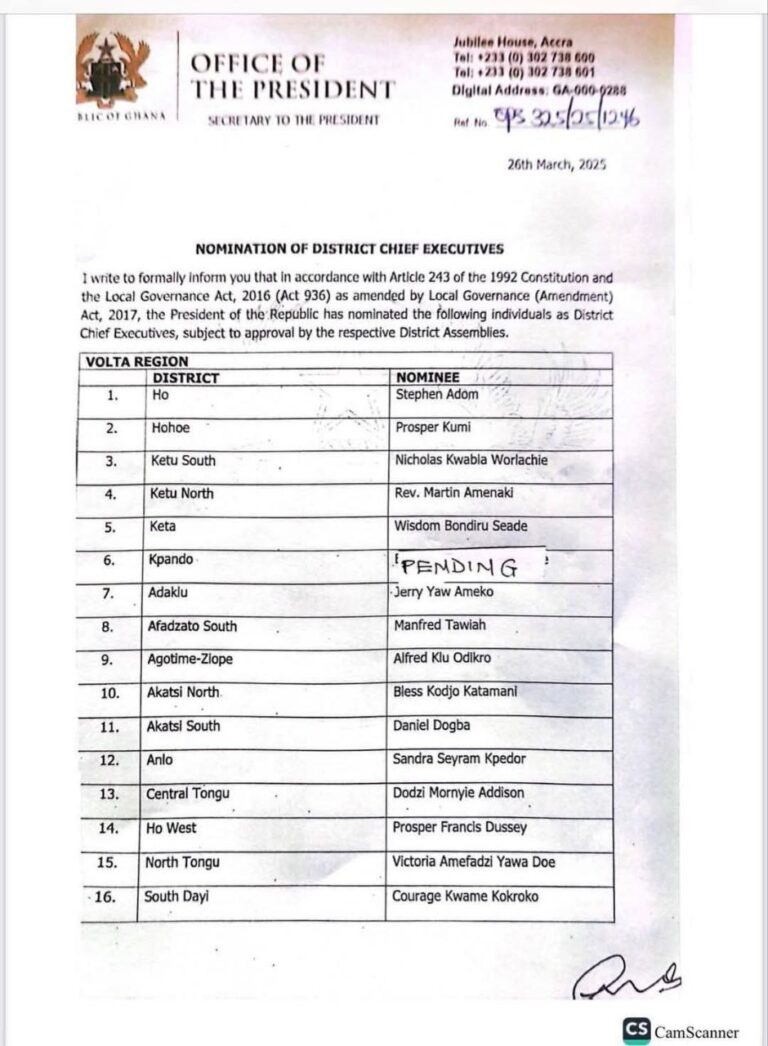2025 Budget Update: Key Takeaways Here’s a simplified breakdown of the 2025 Budget Update for easy understanding:...
Recruitment Portal / Declared Vacancies
Ghana Health Service Resumes Placement for Supplementary List of 2020 Nurses and Midwives For Your Transcripts and...
Electoral Commission Ghana Announces Allowance Payments for Temporary Staff In a recent communication dated 7th March 2025,...
Government to Release Funds for Industries Under 24-Hour Economy – Trade Minister Ghana is poised to take...
Education Minister Pledges to Integrate UEW-Trained Teachers into GES The Minister of Education, Hon. Haruna Iddrisu,...
Loan Affordability Calculator: How to Calculate Loan Affordability When it comes to taking out a loan, understanding...
Top 12 African Countries Offering the Highest Salaries In many African nations, employees, particularly those in salaried...
Available Vacancies: APD 2024 Recruitment Job Opportunities at African Procurement Division (APD) African Procurement Division is seeking...
2-Year Working Visa – New Zealand Travel and Pay Offer New Zealand has always been a dream...
Ghana Immigration Service Salary and Ranks The Ghana Immigration Service (GIS) operates with a structured hierarchy from...


